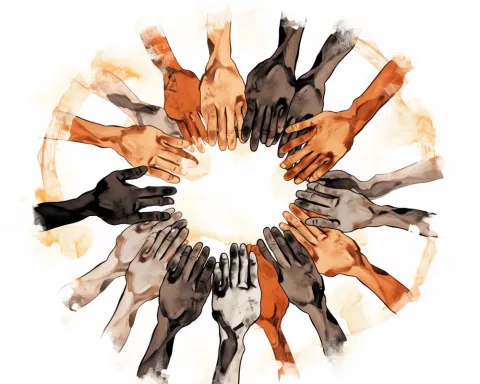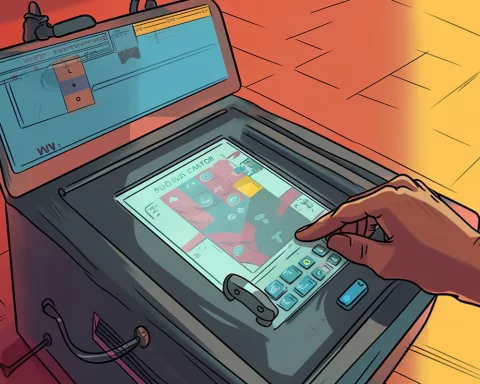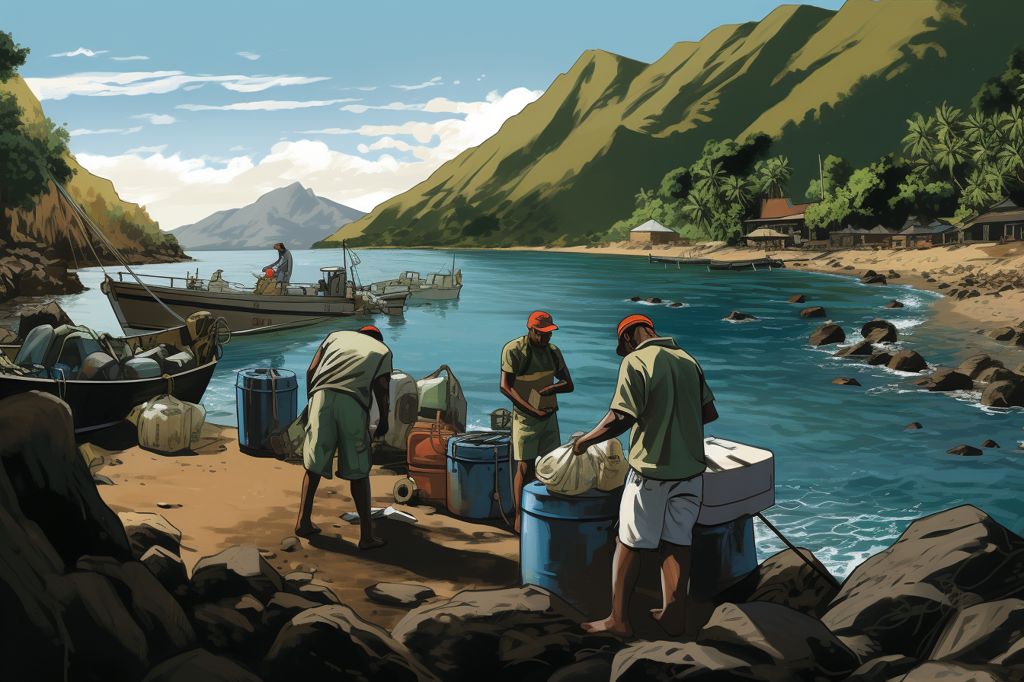Dr. Blade Nzimande, South Africa’s Minister of Higher Education, Science, and Innovation, recently spoke at the Black Business Council Summit held in Kempton Park. The event aimed to promote economic growth and job creation through collaboration on skills development and innovation. In his address, Dr. Nzimande emphasized the government’s commitment to developing a skilled and capable workforce to support an inclusive growth path.
The Department of Higher Education and Training’s Mandate
The Department of Higher Education and Training (DHET) is responsible for broadening South Africa’s skills base to support an inclusive growth path. The department oversees a diverse range of institutions and programs, including universities, Technical and Vocational Education and Training (TVET) colleges, Community Education and Training (CET) colleges, and Sector Education and Training Authorities (SETAs).
Expanding Access to Post-School Education
To achieve its mandate, the DHET has collaborated with various institutions to expand access to post-school education. Dr. Nzimande stressed the need to increase the enrollment and role of TVET and CET colleges in the economy. To support this aim, the DHET has established 34 Centres of Specialisation at 20 TVET Colleges and introduced entrepreneurship hubs at colleges to support students transitioning to self-employment.
Entrepreneurship Development in Higher Education (EDHE) Programme
The DHET has also partnered with Universities South Africa (USAF) to launch the Entrepreneurship Development in Higher Education (EDHE) Programme. The program aims to develop an entrepreneurship system in universities that supports student entrepreneurship and entrepreneurial universities.
Developing Critical Skills for the South African Economy
The DHET has focused on developing critical skills for the South African economy in sectors such as agriculture, health, and energy. The department has opened up numerous opportunities for learnerships, internships, and work placements in these fields.
Implementation of 4IR
Dr. Nzimande established a Ministerial Task Team to study the implications of the Fourth Industrial Revolution (4IR) for the post-school education and training system. The department has introduced robotics programs as part of the curriculum transformation strategy in ten colleges to remain responsive to the changing economy.
Collaboration with SETAs
Collaboration with SETAs and their international and local partners has led to the establishment of 4IR Centres of Excellence in 12 TVET colleges. These centers offer a variety of 4IR programs, including coding, robotics, artificial intelligence, 3D printing, internet of things, networking, cybersecurity, drone technology, and more.
Partnerships with Black Business Council
Dr. Nzimande highlighted the importance of fostering partnerships between the Black Business Council and educational institutions. He urged South African industry to support colleges through the supply of training equipment and facilities and part-time lecturing by industry practitioners.
Importance of Science, Technology, and Innovation
The minister stressed the importance of science, technology, and innovation for transformation and empowerment. He called for a closer relationship between the BBC and the Department of Science and Innovation to support the development of a more inclusive and prosperous future.
Dr. Nzimande’s address underscores the government’s commitment to promoting skills development and implementing 4IR to support broad-based black empowerment. Through collaboration between educational institutions, private businesses, and government agencies, South Africa can build a more inclusive and prosperous future.












